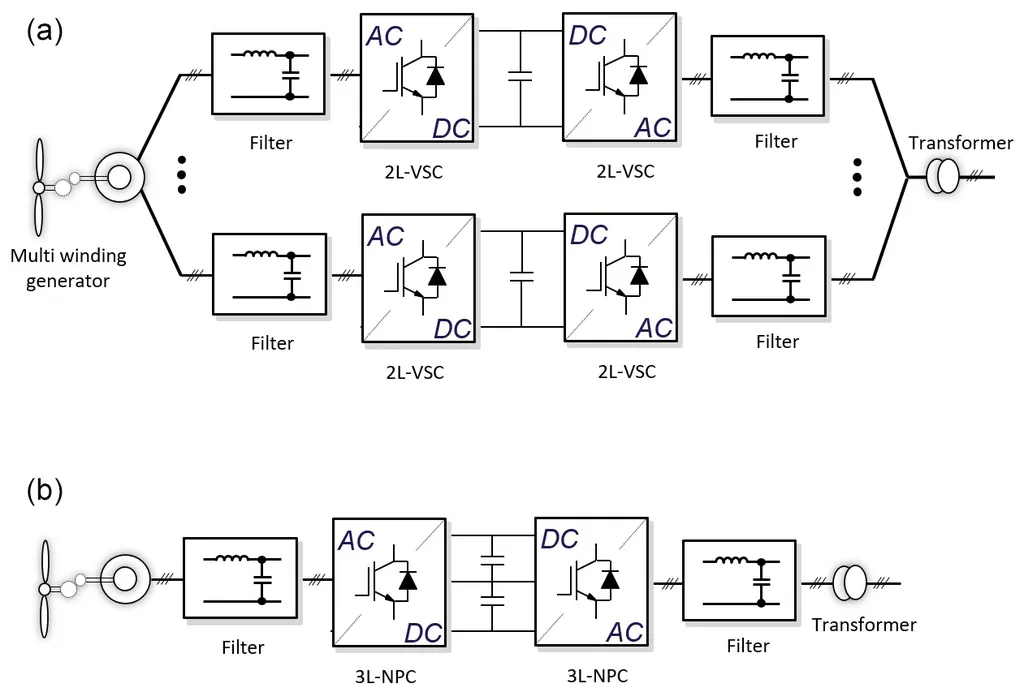In the rapidly evolving world of wind energy, ensuring the reliability and performance of large-scale wind turbines is paramount. A recent study published in *Kongzhi Yu Xinxi Jishu* (translated to *Control and Information Technology*) sheds light on the critical role of drive-train ground testing systems in accelerating the development and commercialization of wind power technology. Led by HU Shuju, the research offers a comprehensive overview of the current landscape and future prospects of these testing systems, both domestically and internationally.
The study highlights the significant advancements made by countries like the United States, Denmark, and Germany in establishing high-power wind turbine drive-train ground testing systems. These systems are essential for simulating real-world conditions and ensuring the durability and efficiency of wind turbines before they are deployed in the field. “The capability of these testing systems is unparalleled,” notes HU Shuju, emphasizing the importance of such infrastructure in maintaining a competitive edge in the global wind energy market.
One of the key findings of the research is the commonality among these international testing systems in terms of construction, capability, and management. This standardization not only facilitates the exchange of knowledge and technology but also sets a benchmark for other countries looking to enhance their own testing capabilities. The study also underscores the need for China to develop a similar public testing system to support its burgeoning wind power industry.
Currently, China lacks a public testing system for large-scale wind turbine drive-trains, which puts it at a disadvantage compared to its international counterparts. However, the research indicates that there is ongoing planning and research in this area, signaling a positive shift towards addressing this gap. “The future of drive-train ground testing in China looks promising,” HU Shuju remarks, highlighting the potential for significant advancements in the near future.
The implications of this research are far-reaching for the energy sector. As the demand for renewable energy continues to grow, the need for reliable and efficient wind turbines becomes increasingly critical. The development of advanced testing systems will not only enhance the performance of wind turbines but also drive down costs and improve commercial viability. This, in turn, will accelerate the adoption of wind energy on a global scale, contributing to a more sustainable and energy-efficient future.
In conclusion, HU Shuju’s research provides valuable insights into the current state and future prospects of large-scale wind turbine drive-train ground testing systems. By highlighting the importance of these systems and the need for China to invest in this area, the study offers a roadmap for the development of a more robust and competitive wind energy industry. As the world continues to transition towards renewable energy, the findings of this research will play a crucial role in shaping the future of wind power technology.

